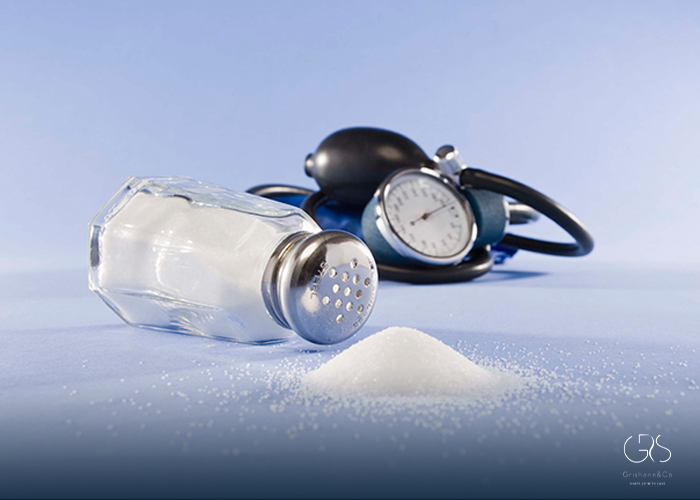Salt, a common ingredient in many foods, plays a vital role in our bodies’ functions. However, excessive salt intake can pose significant risks to our health. In this comprehensive article, we will explore the dangers associated with consuming too much salt, present relevant statistics, consider diverse perspectives on this topic, and provide actionable insights for healthier eating habits.
Hypertension:
- High blood pressure, or hypertension, is a well-known consequence of excessive salt intake. According to the World Health Organization (WHO), high blood pressure affects 1.13 billion individuals globally and is a leading cause of cardiovascular diseases and premature death. A high-salt diet is a major contributing factor to elevated blood pressure levels, placing individuals at a higher risk of heart attacks, strokes, and other cardiovascular complications.

- High blood pressure, or hypertension, is a well-known consequence of excessive salt intake. According to the World Health Organization (WHO), high blood pressure affects 1.13 billion individuals globally and is a leading cause of cardiovascular diseases and premature death. A high-salt diet is a major contributing factor to elevated blood pressure levels, placing individuals at a higher risk of heart attacks, strokes, and other cardiovascular complications.
Cardiovascular Disease:
- Excessive salt consumption is linked to cardiovascular diseases, the leading global cause of death according to the American Heart Association. Studies have shown that reducing salt intake can significantly lower the risk of cardiovascular events, emphasizing the importance of moderation in salt consumption to protect heart health.
Kidney Damage:
- Consuming too much salt can strain the kidneys and disrupt their function, leading to kidney damage over time. Chronic kidney disease affects approximately 10% of the world’s population, and high salt intake has been identified as a risk factor for the progression of kidney dysfunction.

- Consuming too much salt can strain the kidneys and disrupt their function, leading to kidney damage over time. Chronic kidney disease affects approximately 10% of the world’s population, and high salt intake has been identified as a risk factor for the progression of kidney dysfunction.
Osteoporosis:
- Excessive salt consumption can contribute to the loss of calcium from bones, leading to decreased bone density and an increased risk of osteoporosis. Individuals, particularly women, should be mindful of their salt intake to protect bone strength and reduce the risk of fractures.
Mental Health Implications:
- Research suggests a potential link between high salt consumption and an increased risk of mood disorders such as depression and anxiety, highlighting the importance of maintaining a balanced diet with moderate salt intake for overall mental well-being.
(Read more about the causes of anxiety)
- Research suggests a potential link between high salt consumption and an increased risk of mood disorders such as depression and anxiety, highlighting the importance of maintaining a balanced diet with moderate salt intake for overall mental well-being.
Daily Salt Intake Recommendations:
- The American Heart Association recommends no more than 2,300 milligrams (mg) of salt per day for most adults, with an even lower limit of 1,500 mg per day for specific groups. Monitoring and limiting salt intake are crucial to reduce the risk of various health complications associated with high sodium consumption.
By being aware of the risks associated with excessive salt intake and following recommended daily limits, individuals can take proactive steps towards better health and well-being.
Conclusion:
Understanding the risks of excessive salt intake empowers individuals to make informed decisions about their dietary habits and work towards safeguarding their long-term health and well-being.
Sources
- World Health Organization (WHO), Hypertension
- American Heart Association, What is Cardiovascular Disease?
- National Kidney Foundation, Chronic Kidney Disease (CKD)
- American Heart Association, How much sodium should I eat per day?












